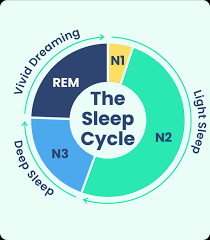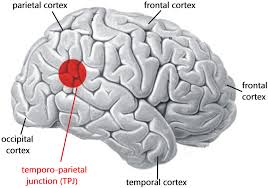What Happens When We Sleep?
- rahul vidwans
- May 18, 2024
- 2 min read
Updated: May 23, 2024
According to the NIH, we spend roughly one-third of our time on this Earth trying to go to sleep. Of course, being a student can sometimes mess with those numbers (we barely sleep). Let’s take some time to delve into the fascinating world of sleep.
Sleep has four stages, which are classified into REM (Rapid Eye Movement) and SWS (Slow Wave Sleep). SWS indicates neurons becoming hyperpolarized, decreasing excitability (Wnuk et al., 2018).
I am sure we have all experienced the moment when we are asleep but we don’t even notice - this is what happens in Stage 1 (NREM) of sleep, which lasts around 5-10 minutes. Next comes Stage 2 (NREM), where you become less aware of your surroundings and produce sleep spindles, allowing you to consolidate your old memories. In Stage 3, delta waves, which lead to deep sleep, begin to occur. Stage 3 is also when sleepwalking occurs, more common in children or young adults. Stage 3 sleep is also used to physically repair your body and consolidate declarative facts (the type of facts you would need for a test). This is why teachers often tell you to sleep a lot before a big test (although you should be cramming until 2am). [1]

REM sleep is characterized by relaxed muscles, quick eye movements, irregular breathing patterns, elevated heart rate, and increased brain activity. It is crucial in consolidating memories, processing emotions, and dreaming. [2]
Now, let’s finish with some tips for getting a better sleep every night:
Limit electronics before bed
Get at least half an hour of natural sunlight per day
Keep your bedtime and wake-up time the same
Keep your room cool and dark
Follow NeuroHub so you learn more about your brain and sleep. Parnav Kundi | Discord: cricketgenius | Instagram: perronavo1





Comments